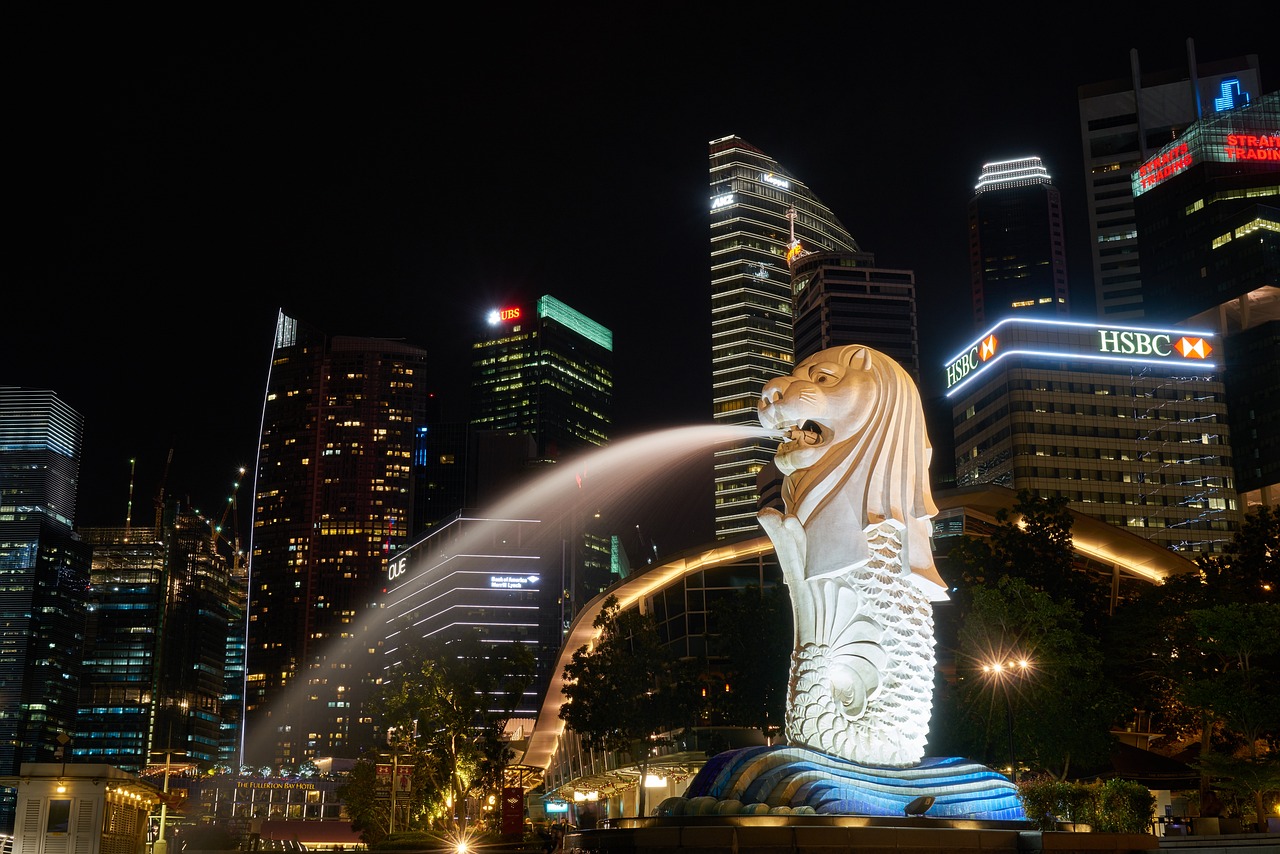Singapore, a city known for its cultural diversity, is home to a significant Buddhist population. The Buddhist approach to funerals in Singapore is a beautiful blend of rituals and chanting, deeply rooted in tradition and respect for the deceased (see Buddhistpreplan). These practices provide comfort to the grieving, helping them find peace and acceptance.
The Importance of Chanting
Chanting plays a central role in Buddhist funerals. It is believed to guide the departed soul towards a better rebirth and help them find peace in the afterlife. Monks or laypersons often lead these chants, reciting sacred texts and mantras that embody the teachings of the Buddha.
One of the most commonly chanted texts is the Amitabha Sutra, which invokes the blessings of Amitabha Buddha. This chant aims to lead the soul to the Pure Land, a place free from suffering. The rhythmic repetition of these chants creates a serene and contemplative atmosphere, allowing the family and friends to reflect on the impermanence of life and the continuity of the spiritual journey.
Rituals that Honor and Remember
Rituals are an integral part of Buddhist funerals in Singapore. These ceremonies are designed to honor the deceased, provide comfort to the bereaved, and ensure a smooth transition for the soul. They reflect the core Buddhist beliefs of karma, rebirth, and the interconnectedness of all life.
The Wake
The wake, held at the family home or a funeral parlor, typically lasts for three to five days. During this time, family and friends gather to pay their respects. An altar is set up with a portrait of the deceased, offerings of fruits and flowers, and incense sticks. The continuous burning of incense is believed to purify the environment and guide the soul.
Offering of Food
Offering food to the monks and the deceased is a significant ritual. Families prepare vegetarian meals and present them to the monks as a sign of respect and to generate merit for the deceased. This act symbolizes the interdependence of all beings and the transfer of good karma.
Water Pouring Ceremony
The water pouring ceremony is a poignant ritual where family members pour water over their hands while chanting. The water flows into a vessel, symbolizing the transfer of merit to the deceased. This act of giving is a fundamental aspect of Buddhism, emphasizing the importance of generosity and compassion.
Cremation
Cremation is a common practice in Buddhist funerals. It is seen as a way to release the soul from the physical body, allowing it to move on to its next existence. During the cremation ceremony, final chants and prayers are offered, and family members may place flowers on the coffin as a final act of love and respect.
Aiding the Soul’s Journey
Buddhist funeral rituals are not just about honoring the deceased but also about aiding their journey in the afterlife. The 49-day period following the death is particularly important. It is believed that during this time, the soul undergoes various stages before being reborn. Families often hold additional chanting sessions and make offerings to help the soul achieve a favorable rebirth.
Comfort for the Living
While these rituals and chants are deeply spiritual, they also serve a practical purpose for the living. They provide a structured way for families to process their grief and honor their loved ones. The repetitive nature of chanting can be meditative, helping mourners find a sense of peace and acceptance.
The rituals offer a way to express their emotions and receive support from their community. This collective mourning process strengthens familial bonds and provides a sense of closure, which is essential for healing.
Celebrating Life and Death
In Singapore, Buddhist funerals are a time to celebrate both life and death. They reflect a deep respect for the deceased and a commitment to helping their soul find peace. These practices highlight the interconnectedness of all beings and the belief in the continuity of the spiritual journey.
Through chanting and rituals, families honor their loved ones, find solace in their shared beliefs, and support each other through the grieving process. In this way, Buddhist funerals in Singapore offer a beautiful and meaningful way to honor life and death.


Leave A Comment